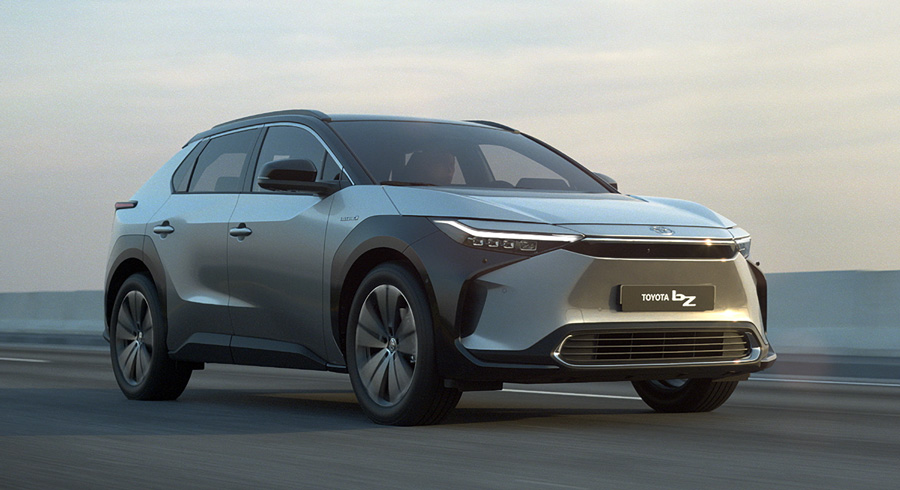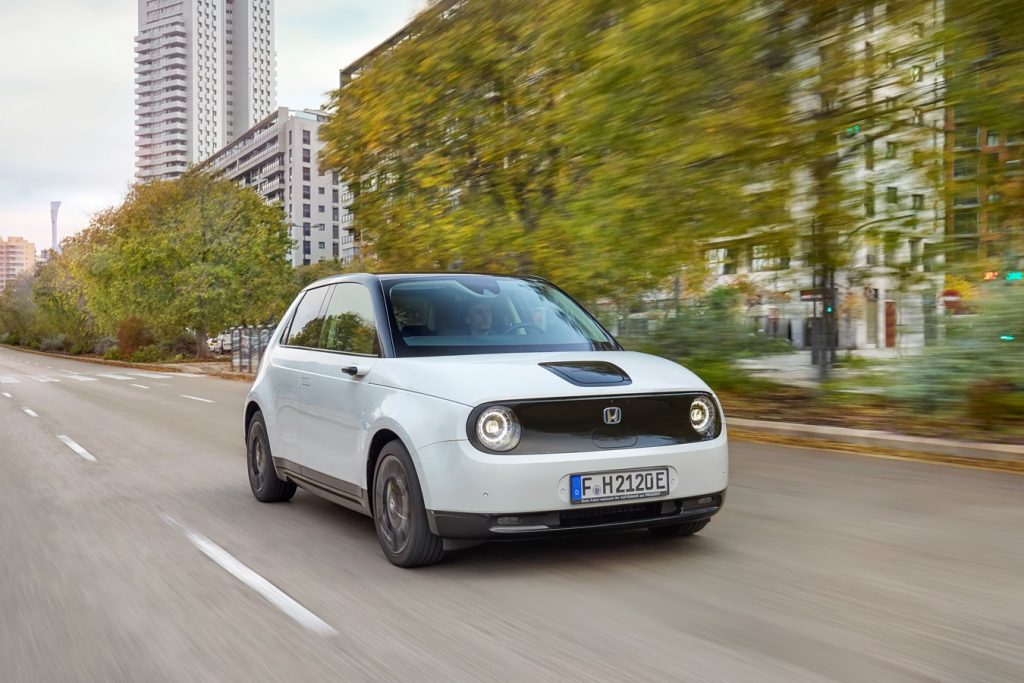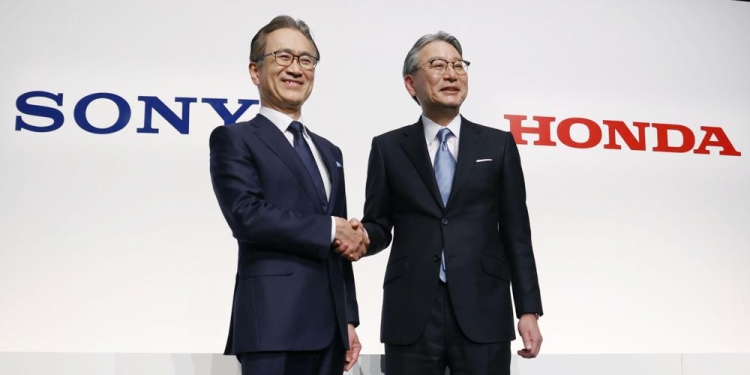With the electric vehicle (EV) race heating up, Honda and Sony signed a memorandum of understanding (MOU) to form a joint venture to manufacture and sell EVs. The joint venture will see the two companies combining their expertise from their respective fields.
The two big Japanese corporations will proceed with negotiations and explore various binding agreements, which includes establishing a new company within 2022. If everything goes to plan, the joint venture company is expected to sell its first EV model in 2025.
Honda CEO Toshihiro Mibe was asked during a news conference if this joint venture between Sony and Honda is exclusive. He replied saying they are open to bringing in other companies, but at the moment, they wish to just focus on developing the EV model.
However, what outcome are these two companies expecting from the joint venture?
Sony knows manufacturing vehicles is difficult
Sony has expressed interest in taking a bite out of the EV market share. It has already shown off two concept vehicles during CES 2022, namely the Vision-S 01 and 02 concept EVs. Being a tech and entertainment company foremost, the cars will pack features like 360 reality audio, remote play with a PlayStation console and Level 2+ semi-autonomous driver aids. To continue the development of its EV projects, it established Sony Mobility.
However, Sony has minimal experience in manufacturing vehicles and is not well versed with automotive regulations set by each market. So, it hopes that by partnering with an established automaker like Honda, it will be able to get its EV business off the ground much more rapidly. The MOU outlines that Honda will provide the skills, experience, and tools needed to manufacture the vehicles.
Currently, it is unknown if the Vision-S concept EVs will be absorbed into the Sony-Honda joint venture.
Honda is late to join the EV race
Honda is currently playing catch up with other automakers when it comes to EVs. For almost 20 years, both Honda and Toyota have been preaching for hydrogen fuel cell-powered EVs. However, the other automakers put their collective weight behind battery-powered EVs. As a result, the advances made with EV batteries far surpassed that of hydrogen fuel cell-powered EVs.
Toyota made an early observation and started developing an EV platform with a long time partner, Subaru. Called the battery electric vehicle (BEV) dedicated platform, it will underpin the Toyota bZ4X. The EV will make its global debut sometime in the second half of 2022.

Now, Honda did technically beat Toyota with the Honda e, a funky looking electric hatchback. However, it is only available in Japan and Europe with a starting price of EUR29,470 (~RM135,000). For that price, you get a car with 152Hp and an acclaimed range of 220km. Moreover, it is a low volume production vehicle, so it was never meant to be the car to keep Honda competitive.

Honda hopes that with Sony’s expertise in imaging and sensing, cloud, 5G and entertainment technologies, it can get an edge over its competitors. This is outlined in the MOU where Sony will oversee the development of a “mobility service” platform. Nothing has been elaborated about it yet, but I assume it will be part of the user experience aspect of the vehicle, like the infotainment system.
Since the car won’t be available until 2025, it really has to be innovative and groundbreaking to make up for the lost time. The EV space is getting very competitive as they are not just competing with carmakers but also new startups that offer a fresh perspective of what the EV could be.
[SOURCE, 2 , IMAGE SOURCE]








